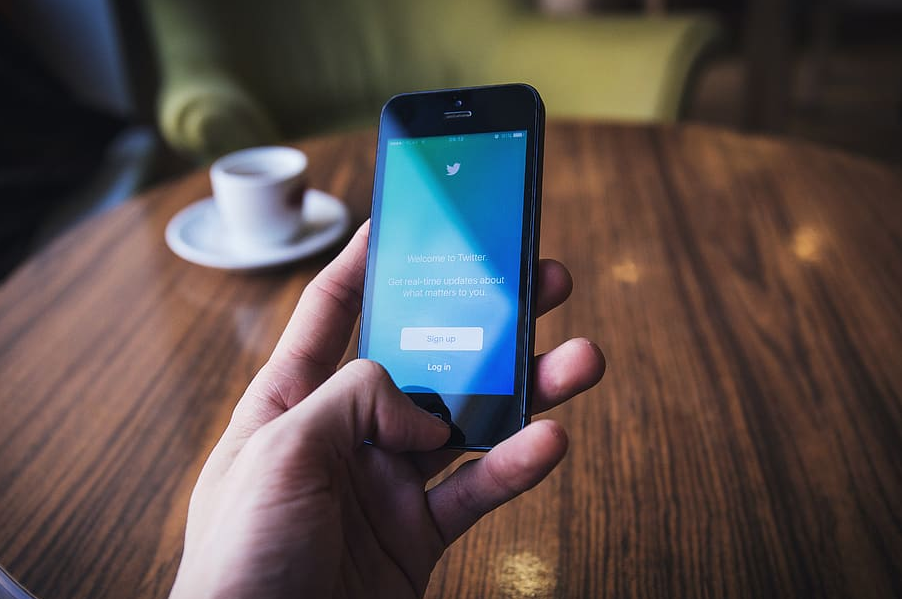Yesterday, the United States Supreme Court released opinions in two of its biggest cases this term: Twitter v. Taamneh and Gonzalez v. Google. Both cases involved big tech’s liability for letting ISIS use its platforms to promote terrorist activities.
In a 9-0 opinion authored by Justice Clarence Thomas, the Court held in Twitter that tech giants were not liable for the deaths of 39 people in an ISIS terrorist attack on an Istanbul nightclub. Google basically followed Twitter.
Many of us are rightfully frustrated with big tech. It has long since stopped being a neutral platform provider for people to express their views, picking winners and losers instead. In the pre-Elon Musk days, Twitter exemplified this problem by permanently banning Donald Trump while allowing the Chinese Communist Party, Ayatollah Khomeini, and various terrorist groups to keep operating. We the people are fed up.
But while big tech needs to be fixed, I must concede that from a legal perspective, these cases were not the way to do it.
Federal law allows anyone who “aids and abets” terrorists to be held liable if a terrorist attack occurs. The theory in this case was that Google, Facebook and Twitter allowed terrorists to use their platform to help with recruitment. It was also undisputed that their algorithms, which drive ads toward people who are interested in a particular subject, probably helped ISIS in this case. But beyond that, the tech companies did not actively do anything to encourage terrorist activity. Thus, the question really came down to whether their failure to crack down on ISIS operative accounts constituted “aiding and abetting.”
For a long time, that phrase had a specific meaning. It wasn’t enough that people would passively watch and do nothing; they had to actively give knowing and substantial assistance to help make the operation succeed. Because this is the background with which the statute must be interpreted, the conclusion is that passivity is not enough. As a matter of statutory interpretation, I am compelled to agree.
Justice Thomas warned that allowing passivity to be interpreted as aiding and abetting would have disastrous consequences. If cell phone companies were notified that people were using their phones for illicit purposes (such as drug deals) and failed to stop them, then the cell phone companies could be liable. Banks and credit card companies could likewise be liable for the bad actions of their users.
“If they know their products are used that way, shouldn’t they be compelled to do something about it?” we might ask. We must keep in mind that these companies — whether big tech, cell phone companies, or financial institutions — have oceans of information to deal with every day. It’s very difficult for them to monitor everything that goes on. If we were to impose that standard of liability on them, we would probably run them out of business. Thus, what might have seemed like a good idea now appears to be a bad one.
Thomas acknowledged there could certainly be cases where big tech did more to actively help terrorists and could incur liability that way. But under the facts of this case, the plaintiffs could not prove liability.
Morally, the tech giants should have been more active in hunting down terrorists and kicking them off the platform. If only they were as zealous in hunting terrorists as they were in hunting for conservatives!
There are still things that can be done to get big tech to behave, including competition (such as Elon Musk buying Twitter to make it a free speech platform) or even legislative solutions like taking another look at Section 230 or amending the definition of “aiding and abetting” in the statute that governed this case. However, I think legislative solutions should be considered with caution, lest we accidentally do more damage than good.
For now, the judiciary’s job is to apply the law as it stands. As frustrating as it is to let big tech win this one, there’s a more fundamental issue here: whether the judiciary can rewrite the law or not. A cardinal rule of conservative jurisprudence is that it is the judiciary’s job to say what the law is, not what the law should be. By holding to that rule even when it hurts, we ensure that we can check big tech the right way without sacrificing the rule of law in the process.
Matt Clark is the President of the Alabama Center for Law and Liberty, a conservative nonprofit law firm that fights for limited government, free markets, and strong families in the courts. His column appears every Friday in 1819 News. The opinions expressed in this column are those of the author. The views and opinions expressed here are those of the author and do not necessarily reflect the policy or position of 1819 News. To comment, please send an email with your name and contact information to Commentary@1819News.com.
Don't miss out! Subscribe to our newsletter and get our top stories every weekday morning.










